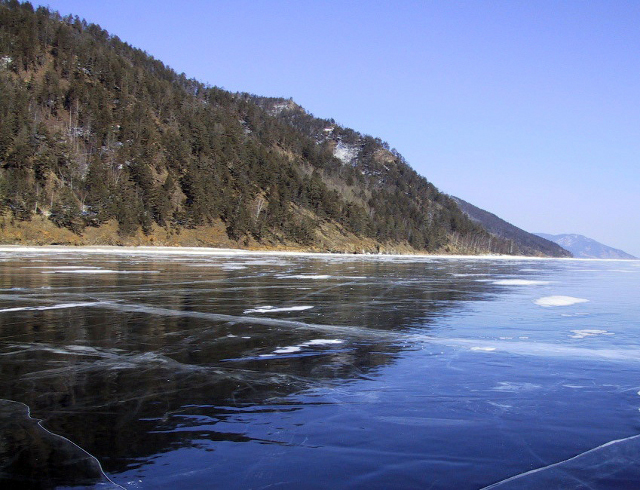World’s Deepest Lake Mimics the Ocean
Research Finds the Connection Between Pacific Winds and Lake Baikal

Variability invariably affects systems. This Newtonian theory holds true for climate patterns in the world’s oldest, deepest, most voluminous freshwater lake ecosystem, Lake Baikal, in Russia.
Extensive research published in the journal PLoS ONE found that during El Niño, temperatures over Lake Baikal reflect variations in the Pacific Ocean’s surface water temperature, thousands of kilometers away.
Discoveries in this data illuminate how jet streams and other atmospheric winds alter local ecosystems, said Steve Katz of the National Oceanic and Atmospheric Administration’s Chanel Islands National Marine Sanctuary in a press release.
“They also help us to forecast consequences of climate variability,” said Stephanie Hampton, deputy director of UCSB’s National Center for Ecological Analysis and Synthesis (NCEAS). The ways in which a physical driver like water temperature reflects global climate systems help scientists forecast short-term ecological changes that might take place.
Katz attributes the data’s statistical accuracy to detailed research on the lake, first recorded in the 1940s by Russian scientist Mikhail Kozhov, and later continued by his granddaughter, Dr. Lyubov Izmest’eva, a member of the NCEAS team.



